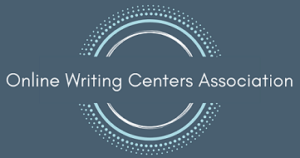Rethinking What to Preserve as Writing Centers Move Online (2020)
In this timely piece, Dr. Lisa Bell provides an overview of the strengths/cautions of online tutoring and argues that despite all these changes, what we need to preserve is the writing center’s ethos of being flexible and adapting to the needs of our students. In other words, our aim shouldn’t be to maintain the dynamics of f2f, but rather, to maintain our values as writing center practitioners.
